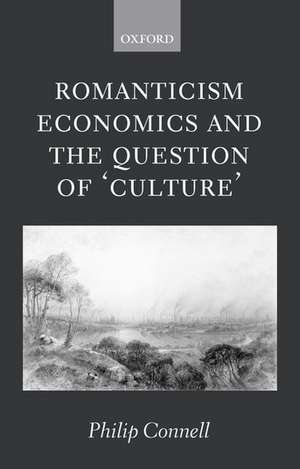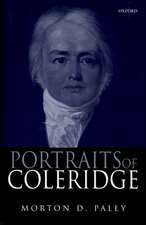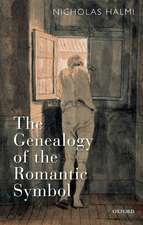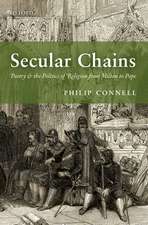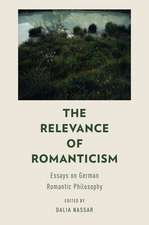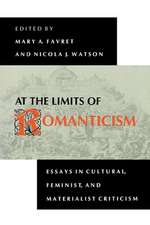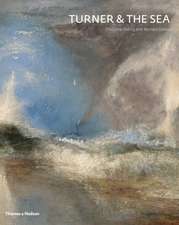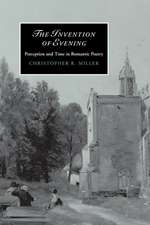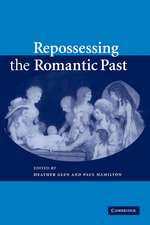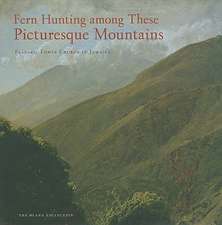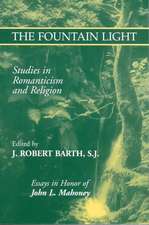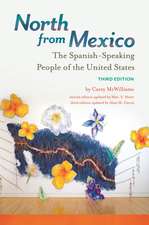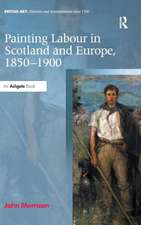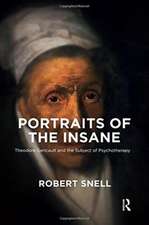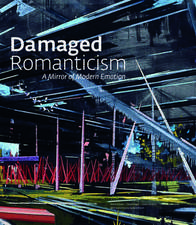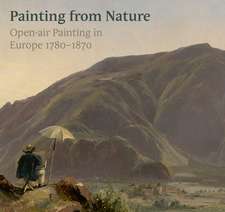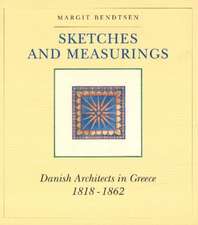Romanticism, Economics and the Question of 'Culture'
Autor Philip Connellen Limba Engleză Paperback – 10 mar 2005
| Toate formatele și edițiile | Preț | Express |
|---|---|---|
| Paperback (1) | 393.97 lei 32-37 zile | |
| OUP OXFORD – 10 mar 2005 | 393.97 lei 32-37 zile | |
| Hardback (1) | 978.69 lei 32-37 zile | |
| OUP OXFORD – 8 mar 2001 | 978.69 lei 32-37 zile |
Preț: 393.97 lei
Preț vechi: 484.67 lei
-19% Nou
Puncte Express: 591
Preț estimativ în valută:
75.42€ • 78.69$ • 63.22£
75.42€ • 78.69$ • 63.22£
Carte tipărită la comandă
Livrare economică 03-08 martie
Preluare comenzi: 021 569.72.76
Specificații
ISBN-13: 9780199282050
ISBN-10: 0199282056
Pagini: 354
Ilustrații: black & white illustrations
Dimensiuni: 138 x 216 x 19 mm
Greutate: 0.44 kg
Editura: OUP OXFORD
Colecția OUP Oxford
Locul publicării:Oxford, United Kingdom
ISBN-10: 0199282056
Pagini: 354
Ilustrații: black & white illustrations
Dimensiuni: 138 x 216 x 19 mm
Greutate: 0.44 kg
Editura: OUP OXFORD
Colecția OUP Oxford
Locul publicării:Oxford, United Kingdom
Recenzii
Review from previous edition Fascinating and immensely learned ...Romanticism, Economics and the Question of 'Culture' is an important book. It is virtually alone in surveying this crucial but neglected field ... will set the benchmark against which all future literary scholarship on this subject will be judged.
Marvellously rich and nuanced ... bound to be a standard reference for years to come. Connell starts so many highly suggestive arguments that it is hard to know in a review which to select.
[Romanticism, Economics and the Question of 'Culture'] cannot be ignored by anyone addressing the tangled but stimulating question of the relationship between English literature and politics in the Romantic period. . . . The depth of the discussion of Wordsworth is characteristic of Connell's excellent book . . . one of the most interesting chapters analyses the ambiguous relationship between the "Hunt school" of younger radical Romantic writers, including Keats and Shelley, and the utilitarianism of Jeremy Bentham and his followers.
Connell's immensely learned and scholarly work has grave implications for any subsequent study of Romanticism. He is skeptical both of humanist idealizations of the subject and self-consciously radical readings of it; his writers moderate and change their opinions, always in the context of reading and discussion of the period, and Connell seems to have unearthed every possible work and author relating to political economy, popular education, and religious politics; the result is a rich, dense, and convincing study that deconstructs pieties of the scholarly left or right.
Marvellously rich and nuanced ... bound to be a standard reference for years to come. Connell starts so many highly suggestive arguments that it is hard to know in a review which to select.
[Romanticism, Economics and the Question of 'Culture'] cannot be ignored by anyone addressing the tangled but stimulating question of the relationship between English literature and politics in the Romantic period. . . . The depth of the discussion of Wordsworth is characteristic of Connell's excellent book . . . one of the most interesting chapters analyses the ambiguous relationship between the "Hunt school" of younger radical Romantic writers, including Keats and Shelley, and the utilitarianism of Jeremy Bentham and his followers.
Connell's immensely learned and scholarly work has grave implications for any subsequent study of Romanticism. He is skeptical both of humanist idealizations of the subject and self-consciously radical readings of it; his writers moderate and change their opinions, always in the context of reading and discussion of the period, and Connell seems to have unearthed every possible work and author relating to political economy, popular education, and religious politics; the result is a rich, dense, and convincing study that deconstructs pieties of the scholarly left or right.
Notă biografică
Philip Connell is a Fellow of Selwyn College and Newton Trust Lecturer in English Literature at the University of Cambridge.
